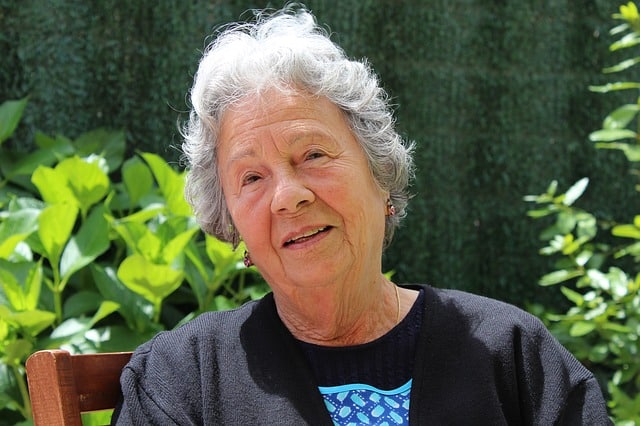Growing old does not mean losing your teeth
As we get older, the risk of problems associated with dental health increases. Age itself is not necessarily the predominant factor, but other medical conditions, medications and things like arthritis in the hands can make maintaining oral hygiene more challenging and important.
In fact, some of the most common health problems experienced and reported by those of advancing years are related to the health of our gums and teeth.
These problems can include:
Darkened teeth
As we get older reduced amounts of enamel, compounded by all those years of eating foods and drinks causes staining and darkening of the teeth, not to mention life-long habits like smoking. The protective outer coating of the tooth – enamel – thins over time, revealing the darker dentin that is underneath.
Tooth and root decay
Not surprisingly, older Australians with natural teeth tend to have more tooth decay, which can extend to the root which is not protected by enamel. Gums naturally recede with age and teeth naturally wear, increasing the risk of exposure of the root and the development of cavities, infection and breaking or losing teeth.
Gum disease
The older our teeth are, the more they are worn and the longer they have been exposed to decay-causing plaque and food debris, tobacco smoke, poor diets, ill-fitting dentures, and also diseases like anemia and diabetes.
Dry mouth
Older people can commonly produce less saliva, either naturally or because of medications or other health conditions. Saliva naturally protects our mouths from bacteria and also nourishes teeth with protective minerals, whilst flushing the mouth of food, drink and other debris. Dry mouth can therefore lead to more decay.
Stomatitis
Otherwise known as an inflamed or sore mouth, stomatitis can be induced by generally poor dental hygiene but also poor-fitting or badly maintained dentures. Stomatitis can affect someone’s ability to eat and sleep, while badly fitted dentures themselves can be uncomfortable, affecting quality of life, speech and the maintenance of good nutrition and a healthy lifestyle.
So as we get older, what are some of the things can we do to keep maintaining good dental health?
Maintain routines
It is important that good dental health routines are maintained throughout our lives, but particularly when age-specific considerations – like poor memory or arthritis in the hands – begin to arise. Fluoride toothpaste and a fresh toothbrush should be used at least twice a day, dentures should be cleaned after meals, and older people should be provided with support to ensure these habits are being maintained. Most importantly is a checkup every six months to ensure no problems arise and if so, can be addressed quickly before they cause an major issues.
Regular checks
Many older Australians may be unaware of discounts, cost caps and even free public dental services for general and specialist dental care, including dentures, that are available to them. These discounts vary from State to State across Australia so it’s worth doing some research first.
Eat and drink well
Just as the rest of our bodies need to be well nourished by a good and balanced diet, the same goes for our teeth and gums. Sugary soft drinks should be avoided, while Australian tap water contains fluoride specifically to help prevent tooth decay.
For all dental treatments and care especially for the elderly, please contact Pain Free Dental Contact (02) 4868 1933.


